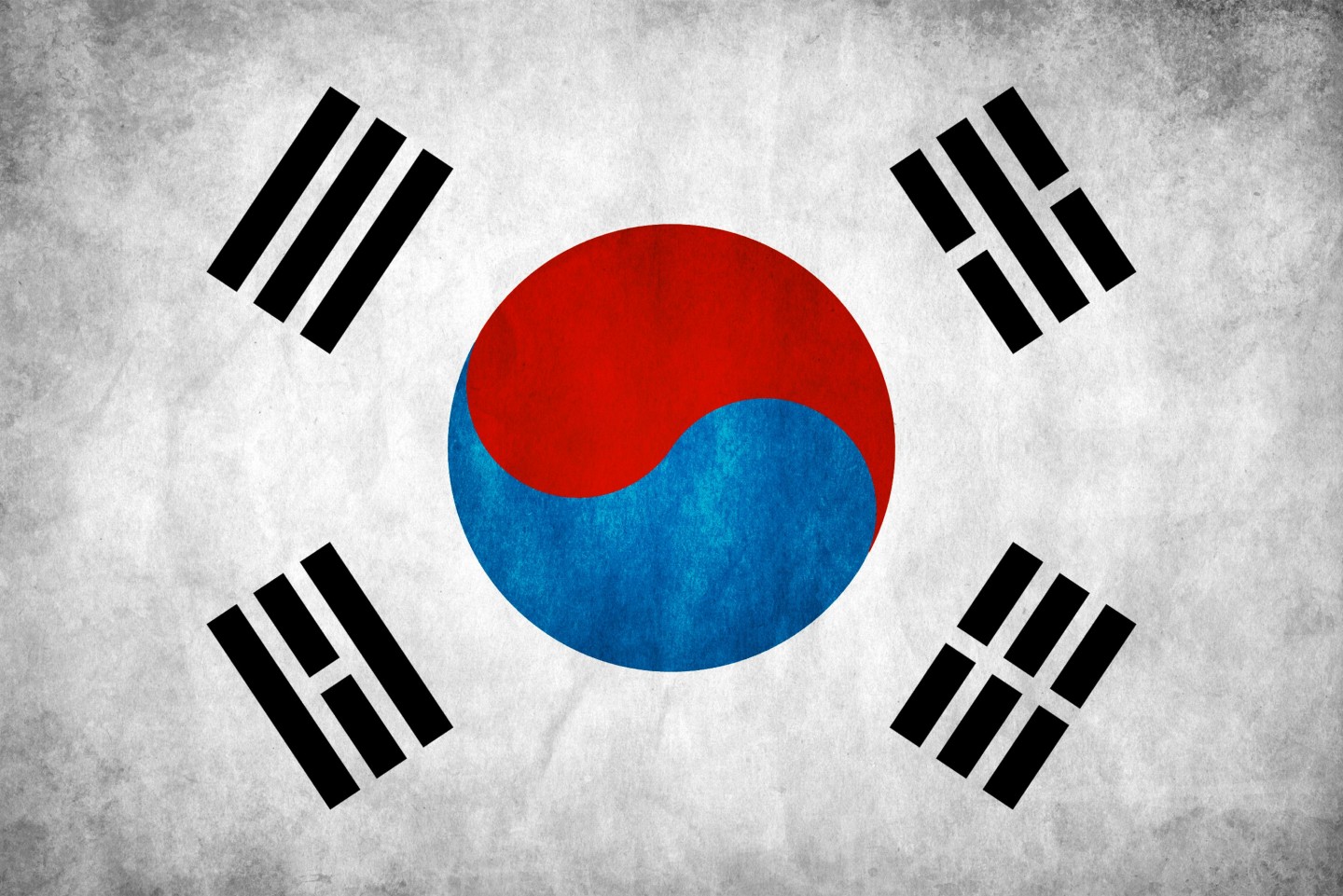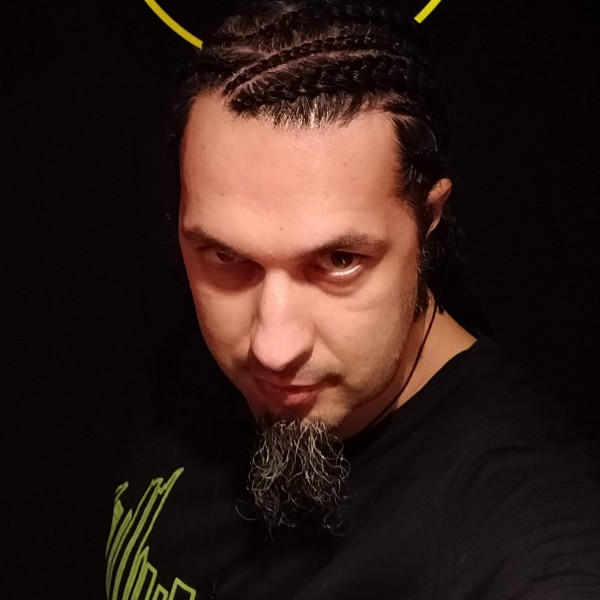Trending Courses: Improve Your English Communication Skills Specialization - Georgia Tech
For latest expat news; follow our Facebook, Instagram, LinkedIn, YouTube, Telegram and Twitter pages.
Korean universities offer free Korean language courses
Korean language courses are available at a Korea language institute which many Korean universities offer or at some free Korean language courses.

Interlanguage News from South Korea 
University Language Institutes
Enrollment at a university language institute is the most preferred method for most students who seek university level education in Korea. The student receives 15 to 20 hours of language education each week during the 10 to 12 week long course. The fee is typically around 1,200,000 to 1,800,000 Korean won. Most courses are aimed at adult students. Some courses have special culture events where students can occasionally visit local cultural sites.
(1) Admission Procedures
Fill out the application form → Document examination → Tuition fee payment → Admission approval → Document issued → Visa application/extension
(2) Example of Admission Documents
(3) Example of the levels of Korean language programs
Beginners
(Elementary 1A)• Learning Korean characters, phonetic values and characteristics of syllable structure.
• Understanding of basic words and simple sentences and improving the ability to express oneself.
Elementary 1• Learning Korean characters, phonetic values, and syllable structure characteristics.
• Learning basic words and configurations and, basic sentence structures that are essential in everyday life.
• Acquiring the ability of greeting, self-introduction, shopping, ordering food, expressing date and time and other conversational skills that are necessary in basic life.
Elementary 2• Acquiring and correcting exact pronunciation and learning to distinguish phonological changes.
• Acquiring essential connection and word endings, as well as passive form sentences, causative form sentences, and indirect speech grammar.
• Acquiring a slightly more complex conversation skills for everyday life such as making phone calls, reservations, using the post office and bank.
Intermediate 1• Learning basic vocabulary needed to perform everyday tasks such as general phenomena of society, as well as using public facilities.
• Learning complicated postpositions, connections and word endings, as well as supporting words.
• Learning to make a conversation about familiar social material and to understand advertisements, interviews, and weather forecasts.
• Acquiring language features of description, advising, and refusing, skills necessary to maintain social relationships.
Intermediate 2• Acquiring onomatopoeic, mimetic words, proverb, basic current events vocabulary, metaphysical vocabulary and current event terminology that are frequently used.
• Complete complicated postpositions, word ending conjugation systems and learn various meanings as well as their use.
• Understanding Korean culture through general current events in the newspaper and on TV.
• Learn to judge comprehensively and logically opinions regarding social problems.
Advanced 1• Acquiring various idioms and loan words and learning social phenomenons, related metaphysical vocabulary, and current event vocabulary.
• Learning to preview materials concerning politics, the economy, society and culture and reading relatively easy literature.
• Covers a wide range of the overall problems related to politics, economy, society and culture through discussion.
• Acquiring the language features needed for tasks. including summarizing, demonstrating, and convincing.
Advanced 2• Learning extensive vocabulary, slang, argot and abbreviations of professional fields.
• Acquiring the ability fluently and accurately, in relation to the professional field, to be able to enter a school and gain employment.
• Write a treatise after researching reference materials and finding information about a topic.
Immersion Class• Preparing to enter University or graduate school and getting a job, setting a native speaker proficiency goal, acquiring the ability to study not only cultural subjects but also academic classes.
• Learning in-depth vocabulary and grammar, translation and reading of cultural books, listening activities through multi-media and power point production practice, key learning of composition through various topics of writing covered during that day
※ To enroll in a course offered by a university language institute, students must have a visa (typically D-4 type). The admission approval
certificate from the language institute and an ID is also necessary to get a visa. Because different rules apply for Korean embassies
in different parts of the world, researching about the specific requirement in each country first is recommended.
※ In case you decide to move to a different language institute during the course, it is wise to have full knowledge of the refund policies
of the program in advance.
Enrollment at a university language institute is the most preferred method for most students who seek university level education in Korea. The student receives 15 to 20 hours of language education each week during the 10 to 12 week long course. The fee is typically around 1,200,000 to 1,800,000 Korean won. Most courses are aimed at adult students. Some courses have special culture events where students can occasionally visit local cultural sites.
(1) Admission Procedures
Fill out the application form → Document examination → Tuition fee payment → Admission approval → Document issued → Visa application/extension
(2) Example of Admission Documents
- * Application form
- * Copy of passport
- * Passport photo
- * Standard Acceptance Letter
- * Documents proving the final level of education, transcript
- * Documents providing your financial ability to support yourself (US$ 10,000 or more)
- * Training Plan
(3) Example of the levels of Korean language programs
Beginners
(Elementary 1A)• Learning Korean characters, phonetic values and characteristics of syllable structure.
• Understanding of basic words and simple sentences and improving the ability to express oneself.
Elementary 1• Learning Korean characters, phonetic values, and syllable structure characteristics.
• Learning basic words and configurations and, basic sentence structures that are essential in everyday life.
• Acquiring the ability of greeting, self-introduction, shopping, ordering food, expressing date and time and other conversational skills that are necessary in basic life.
Elementary 2• Acquiring and correcting exact pronunciation and learning to distinguish phonological changes.
• Acquiring essential connection and word endings, as well as passive form sentences, causative form sentences, and indirect speech grammar.
• Acquiring a slightly more complex conversation skills for everyday life such as making phone calls, reservations, using the post office and bank.
Intermediate 1• Learning basic vocabulary needed to perform everyday tasks such as general phenomena of society, as well as using public facilities.
• Learning complicated postpositions, connections and word endings, as well as supporting words.
• Learning to make a conversation about familiar social material and to understand advertisements, interviews, and weather forecasts.
• Acquiring language features of description, advising, and refusing, skills necessary to maintain social relationships.
Intermediate 2• Acquiring onomatopoeic, mimetic words, proverb, basic current events vocabulary, metaphysical vocabulary and current event terminology that are frequently used.
• Complete complicated postpositions, word ending conjugation systems and learn various meanings as well as their use.
• Understanding Korean culture through general current events in the newspaper and on TV.
• Learn to judge comprehensively and logically opinions regarding social problems.
Advanced 1• Acquiring various idioms and loan words and learning social phenomenons, related metaphysical vocabulary, and current event vocabulary.
• Learning to preview materials concerning politics, the economy, society and culture and reading relatively easy literature.
• Covers a wide range of the overall problems related to politics, economy, society and culture through discussion.
• Acquiring the language features needed for tasks. including summarizing, demonstrating, and convincing.
Advanced 2• Learning extensive vocabulary, slang, argot and abbreviations of professional fields.
• Acquiring the ability fluently and accurately, in relation to the professional field, to be able to enter a school and gain employment.
• Write a treatise after researching reference materials and finding information about a topic.
Immersion Class• Preparing to enter University or graduate school and getting a job, setting a native speaker proficiency goal, acquiring the ability to study not only cultural subjects but also academic classes.
• Learning in-depth vocabulary and grammar, translation and reading of cultural books, listening activities through multi-media and power point production practice, key learning of composition through various topics of writing covered during that day
※ To enroll in a course offered by a university language institute, students must have a visa (typically D-4 type). The admission approval
certificate from the language institute and an ID is also necessary to get a visa. Because different rules apply for Korean embassies
in different parts of the world, researching about the specific requirement in each country first is recommended.
※ In case you decide to move to a different language institute during the course, it is wise to have full knowledge of the refund policies
of the program in advance.
Source: Interlanguage News
Learn More
news korean korean language south korea korea language language scholarship student apply language courses free language courses kore university application study study in korea

